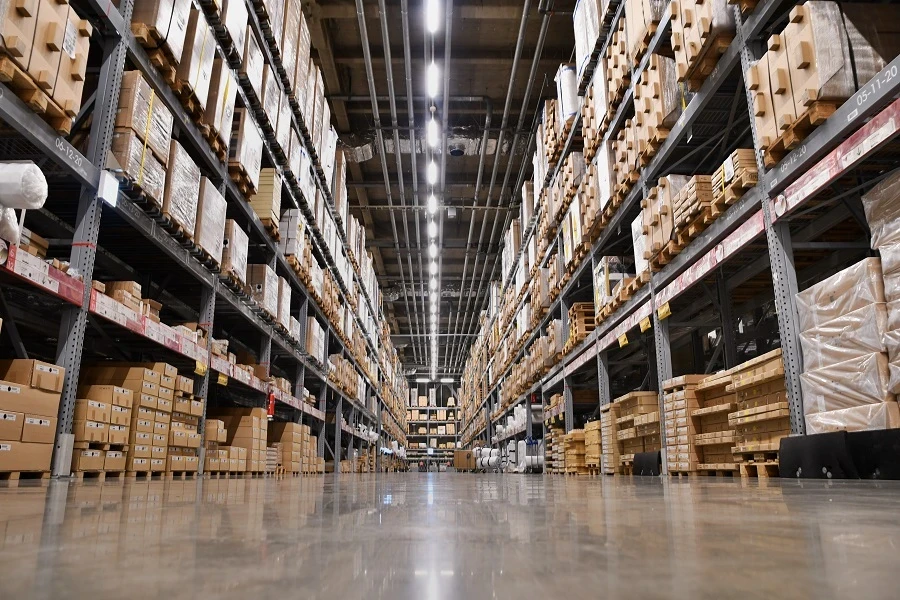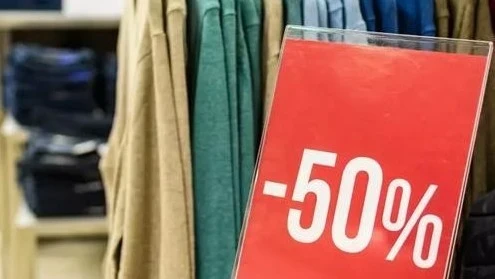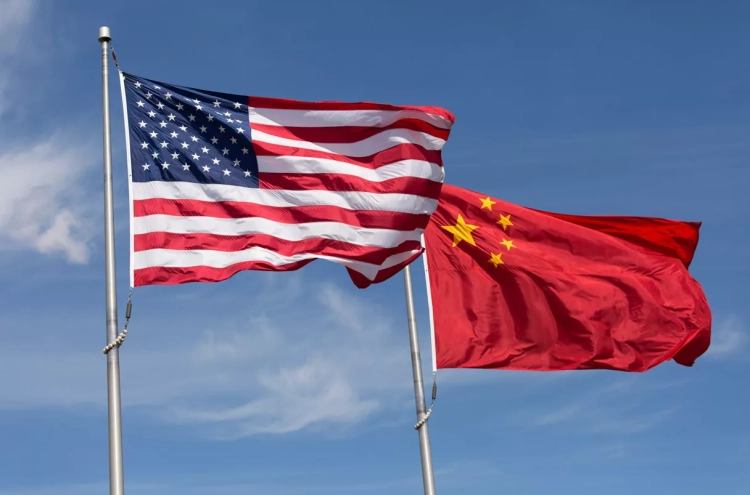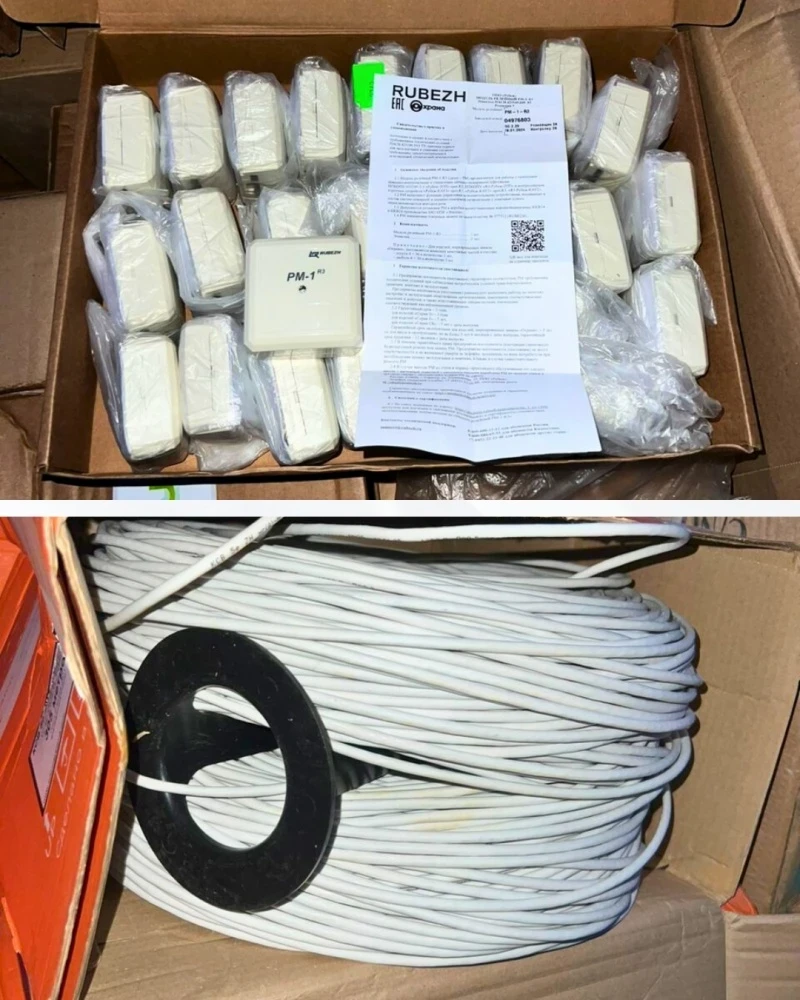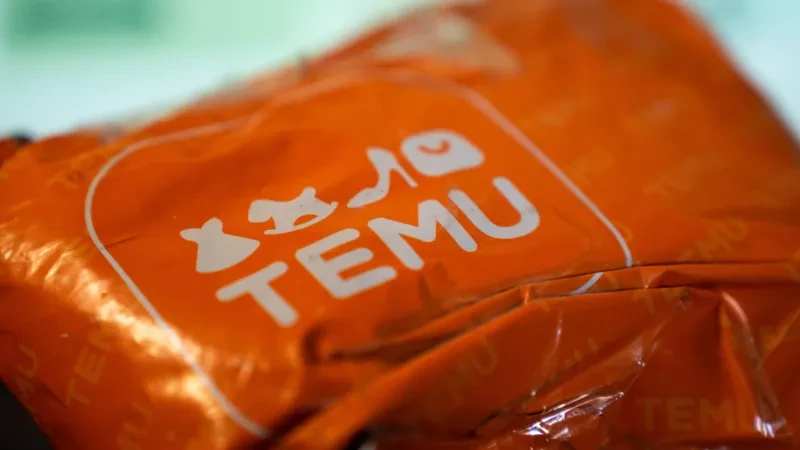
Fast fashion from Temu and Shein is rapidly conquering Europe, putting pressure on customs services and raising questions about product quality. How are government agencies responding to this? DW reports:
In early November, the Chinese company Shein opened its first physical store in Paris, attracting interest not only from shoppers but also from protesters.
The Shein store in the BHV Marais shopping center is located in the heart of the French fashion industry and has drawn attention due to mixed reactions — from enthusiasm to hatred. This is not the first time the company has faced such a response.
Cheap goods as a way to bypass tariffs
Shein is compared to Temu, a Chinese online store that offers direct sales of a variety of goods, including clothing. However, Shein has faced criticism for using knockoffs, aggressive marketing strategies, terrible working conditions, and unsafe products. At the same time, many shoppers are pleased with the wide selection and affordable prices.
Despite different business models, both companies contribute to an increase in the flow of cheap goods from China. This is due not only to low prices but also to the European Union's decision to remove tariffs for packages worth up to 150 euros.
Previously, the U.S. had a similar threshold of $800 (about 690 euros), but legislation was changed at the end of August, leading to a reduction in the number of packages. The EU is in the final stages of discussing a similar rule, but changes will not take effect until at least 2028.
According to company data, in the first half of 2025, Temu had an average of 115 million active users per month, while Shein had 145 million, which is a 12 percent increase compared to the previous half-year.
Package flow exceeds 12 million per day
Environmental issues are becoming one of the most discussed aspects of these Chinese platforms' operations. Most goods are shipped directly from manufacturers to consumers, each individually packaged. Air transport is used for quick delivery, and returns of such products are often not provided for, creating a huge burden on customs services.
Environmentalists express concern that due to the fast fashion concept, clothing quickly ends up in landfills, as well as the negative impact of emissions from cargo planes and packaging materials — since plastic and cardboard packaging also become waste. The statistics are indeed impressive.
In 2024, the European Union received about 4.6 billion low-cost goods, according to a report from the European Commission published in February. This amounts to 12.5 million packages daily, 91 percent of which come from China. This is double the amount from last year and more than three times the figures from 2022. Of course, not all these packages are from Temu and Shein.
“Europe is being overwhelmed by a flood of small packages from China, and there seems to be no end in sight,” comments Agustin Reyna, director of the European Consumer Organisation (BEUC).
Consumer protection in Europe
European Commission experts, in addition to environmental issues, also raise concerns about unsafe products that do not meet EU standards. The results of a new study conducted by the independent Stiftung Warentest foundation at the end of October raise serious concerns.
The Berlin-based foundation, along with experts from Belgium and Denmark, tested various products, including necklaces, USB chargers, and children's toys. Out of 162 tested products purchased from manufacturers on Temu and Shein, 110 were found to be non-compliant with EU standards, and about a quarter were deemed potentially dangerous. Some contained high levels of formaldehyde and heavy metals such as cadmium. Some charging cables overheated during use.
Failure to comply with safety standards creates conditions for unfair competition, BEUC notes. While some companies sell unsafe products, local manufacturers are required to adhere to strict standards.
European Commission's accusations against Temu and Shein
In May, the European Commission notified Shein of consumer protection violations by some sellers on the platform. Brussels pointed to the presence of fake discounts, pressure on customers, and misleading information about consumer rights.
In July, the European Commission accused Temu of violating the EU Digital Services Act, believing that the platform is not actively combating the sale of prohibited goods. The investigation is ongoing and could lead to significant fines.
Fines in the millions of euros
In July, French authorities imposed a fine of 40 million euros on Shein for misleading discounts and environmental claims. This year, the total amount of fines for the company in France exceeded 191 million euros. Paris is also developing new requirements for fast fashion companies, including a ban on advertising, reporting on the environmental impact of products, and a requirement to pay up to 10 euros for each unit of clothing sold.
In Italy, in August, Shein received a fine of one million euros for misleading environmental claims. In October, Germany's Federal Cartel Office began an investigation into Temu to determine whether the platform affects prices on its German site and sets final prices for products.
Despite the large fines and new requirements, the growth rate of Chinese trading platforms may slow down but not stop. “Europe must act together and hold Temu and Shein accountable,” believes the head of BEUC, emphasizing the need for clear regulation and accountability for online platforms if the products sold violate EU requirements.
For this, an ambitious tax reform and market oversight are necessary. However, if Brussels does not impose tariffs on packages worth less than 150 euros by 2028, companies will continue to exploit existing loopholes, and consumers are unlikely to stop shopping.



